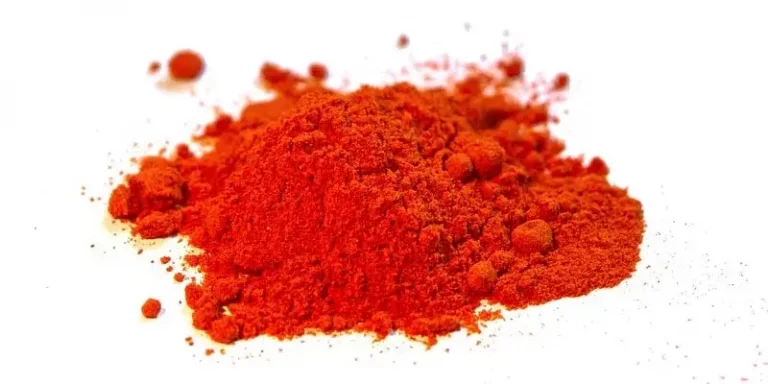Chili powder is a common ingredient in many dishes and one of the most popular spices. There are at least 100 types of chili powders but the most common ones are cayenne, paprika, and ancho. This article will focus on how chili powder is acquired, prepared, and used.
Chili powder, also known as ground chili, is a spice made from dried and crushed chili pepper pods. It can be mild and sweet or spicy and hot depending on the type of chili used and how long it was dried for. Chili powder comes in three colors: red (the most common), green, and brown (which results from roasting the pods).
Does Chili Powder Go Bad?
Chili powder is a spice that is used in many cuisines. It becomes spoiled when it becomes contaminated or exposed to moisture over time.
The most common cause of chili powder spoilage is moisture. The humidity can cause the chili paste to form mold or mildew which will then deteriorate the spices in the mixture.
How Long Does Chili Powder Last?
The amount of time that chili powder lasts depends on how it is stored. If the chili powder is not stored properly, it will start to lose its flavor and color. The higher quality of the chili powder, the longer it will last for storage purposes.
Chili powder will last about 6 months to a year when stored in a cool, dark place. If it is stored in either hot or humid conditions, the chili powder will spoil after 3-5 months.
In general, spices should not be kept for more than two years because they will lose their potency. Though this varies from one person to another and from one brand to another based on the type of spices.
How to Store Chili Powder
When it comes to storing chili powder, it’s straightforward and doesn’t require a lot of time to prepare it. The container or jar that it comes with is enough to keep them fresh for a long time.
The rule of thumb for storing chili powders and dried peppers is that you should store them in a cool, dark, dry place. The main concern when storing these spices is the humidity.
Also, it is important to label or date your containers to know when they were made so you can tell how fresh it is.
To make sure your chili powder remains fresh and potent, you should store it in an airtight container with a dry packet of silica gel. This will help absorb the moisture from the air and keep your powder from clumping up.
How to Tell If Chili Powder Is Bad?
Chili powder can go bad as a result of contaminated packaging, moisture, or as a result of poor quality. In order to tell if chili powder is bad, it’s important to evaluate them thoroughly.
You can tell if chili powder is bad by looking for the following signs:
Smell: If the smell of the chili powder is off, it might be spoiled.
Texture: If you have a bad feeling about the texture of the chili powder, there might be spoilage.
Appearance: Spoiled chili powder may have an abnormal appearance or color.
Pinch Test: To see if the chili powder is usable, take a pinch and put it in your mouth. If you taste any unusual flavor, it may be spoiled.
How To Keep Chili Powder Fresh Longer
Chili powder is a spice that is used in a lot of different dishes. It can be found in a lot of kitchens and it is a staple ingredient for a lot of people. However, there are certain tips that you can use to make your chili powder last longer.
The following are ways to keep chili powder fresh for longer periods of time.
1) Freezing – Chili powder can be kept in the freezer for about a year or more depending on the quality of the product.
2) Vacuum Sealing – Vacuum sealing is another option that can keep chili powder fresh for about a year depending on the quality of the product.
3) Storing in Glass Jar – You can store your chili powder in a glass jar that will keep it fresh for up to three years.
4) Storing in Plastic Bag – You can also store your chili powder by putting it in a plastic bag. It will typically stay fresh for up to one year or more if you use high-quality products.
Related Questions
Can you get sick from chili pepper?
There are many factors that determine if you will get sick from chili pepper. These include your age, whether you have a stomach ulcer, and how much chili pepper you consume.
If you eat a moderate amount of chili pepper, you shouldn’t experience any adverse effects. However, excessive consumption could lead to stomach ulcers and inflammation.

